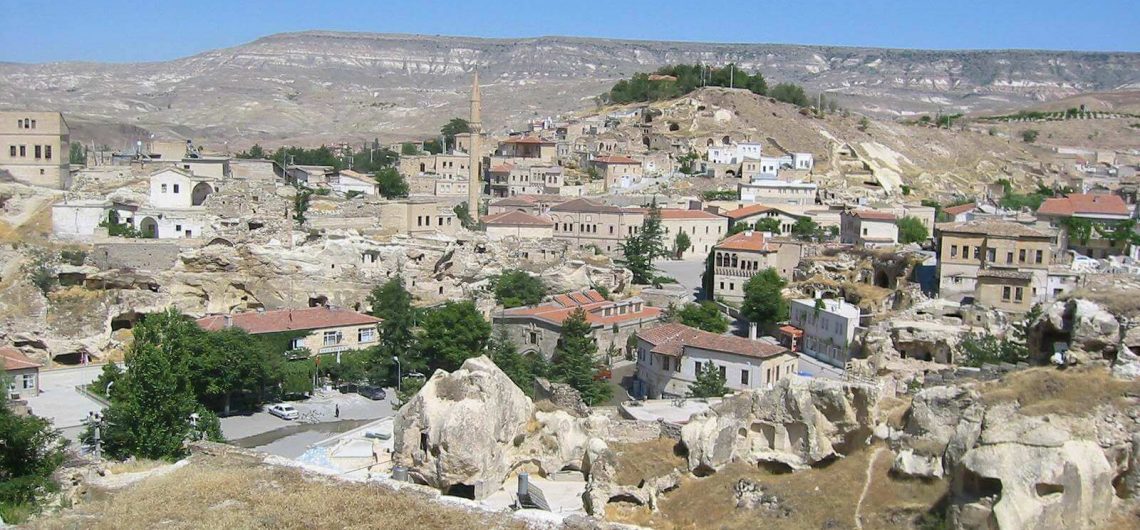Mustafapasa: The Greek Sinasos
In the same way as other little towns of Turkey, Mustafapasa in the focal Cappadocia area of Turkey is saturated with Greek Orthodox history, particularly the Ottoman years before the Turkish War of Independence in the mid-twentieth century, when Turks and Greeks lived next to each other in amicability.
Stories of the ethnic gatherings dwelling together all through Turkey are told widely by writer Giles Milton, who included Turk, Greek, Armenian and Jewish people group of Izmir, or as it was then known Smyrna, in his novel history book “Heaven Lost”.
The apparition town of Kayakoy on the Mediterranean bank of Turkey was additionally the setting for Louis de Bernières novel, Birds Without Wings in which sentiment crosses the ethnic gap between a Greek young lady and Turkish kid.
Strolling around Mustafapasa, that was beforehand called Sinasos (which means city of the sun), aside from a couple of local people accumulated in coffeehouses and in the town square, every other person I took a gander at was a visitor, either piece of my gathering or from one of the expansive visit transports that do temporary visits through the area. However, it was not hard to recognize the Greek impact, to be specific in the houses and in the Church of Saint Nicholas.
Holy person Nicholas Church of Mustafapasa
I was on a gathering visit and we were distributed available time to investigate, so I set out straight toward the little church, inverse the town square. The iron entryway entrance flanked by three openings sat underneath three symmetrical windows secured with iron bars.
Straightforwardly over the entryway was an engraving, and since it was not in Turkish, I expecting it was Greek of which I don’t see so my interest needed to take a rearward sitting arrangement as I strolled through the entryways into a huge corridor with a vaulted roof, regularly of many temples all through history. It’s little size required close to 10 minutes to investigate and appreciate so I headed onto the roads to perceive what I could discover.
Greek Houses of Mustafapasa
Going by a shop proprietor, who was obstinate that his gifts justified my full focus, the design of the houses, sitting on abandoned lines ended up being considerably more charming than the congregation.
No lack of respect to Turkish design, however, they were more formally dressed, satisfying on the eye and in a flash reminiscent of a Mediterranean way of life. Clearly some date from the nineteenth and twentieth hundreds of years, despite the fact that I presume they have been widely revamped to keep up their unique appearance. Goodness, what I would have allowed for to glimpse inside them.
Evidently, Mustafapasa has a revamped inn that was once made prevalent on the grounds that it was the setting for a Turkish cleanser musical drama. Possibly one day, I will return and stay 3 or 4 evenings in light of the fact that there is still a lot more to see and I can become more acquainted with the elderly local people and their stories. I’ve had a mind-boggling hunch that their lives, would make a sublime plotline for a book.

